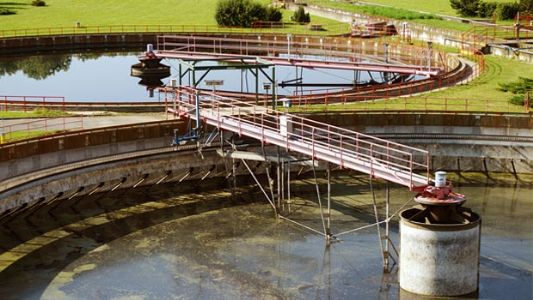Researchers at the University of Granada experiment with bacteria to improve water reuse and want to try it in a real-purifier, like this:

Purifier of sewage. Cortesy by Thinkstockphotos.
These researchers have configured low cost bioreactors debug and industrial wastewater. These containers in which takes place a chemical process involving bacteria, in this case, selected 'a la carte' to remove contaminants.
Scientists, from the Department of Microbiology and Civil Engineering, have demonstrated the development of specific microbial biofilms when modifying the technical characteristics of the support which they were developed, and have managed to optimize the treatment processes.
In a statement, the "Discover Foundation" explains that experts have found that bioreactors can be configured for each type of waste, just as microorganisms adapt to environmental conditions that define them.
"We tested microorganisms changes in reactor design function and when 'we force' to decontaminate nitrogen, for example, adapted to the medium. Thus one can achieve almost unlimited potential to degrade any compound, whether adjust environmental conditions", explained the researcher Jesús González.
To achieve this specialization of the bacteria, the researchers had to study the types of microorganisms in the reactor and how they respond to environmental changes for a given pollutant.
Specifically analyzed how respond to various compounds, for example a toxic product dissolved in water, raising what conditions should help to ensure that the microorganisms survive and to selectively degrade contaminants.
This knowledge allows the development of bioreactors 'a la carte', that is, low cost biological systems tailored to each pollutant. Another novelty of the research is the application of molecular techniques to the study of microbial populations.
So far the bioreactors were tested pilot plant scale, but researchers now intend to transfer the results to an actual treatment plant. Bioreactors working with the University of Granada are biological systems for the treatment of domestic and industrial effluent where bacteria convert waste into non-polluting compounds, thereby allowing water to be reused.
This one seems to be a very important advance.
Similar than this case of the wastewater treatment is the tretment of water from sea.I should like to see anyday how they get a lot of water, from sea, to treat that water and use it in Spain and to give a lot to poor countries.
Kind regards,
Luis.
Sponsored by Costaluz Lawyers.
Please click down here:
.jpg)